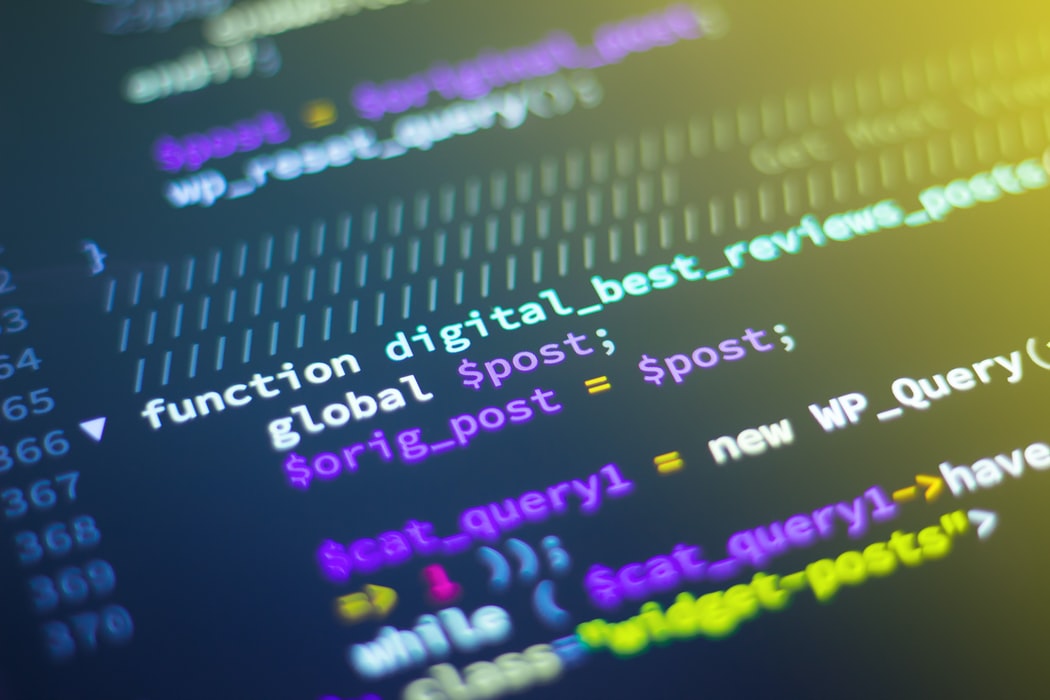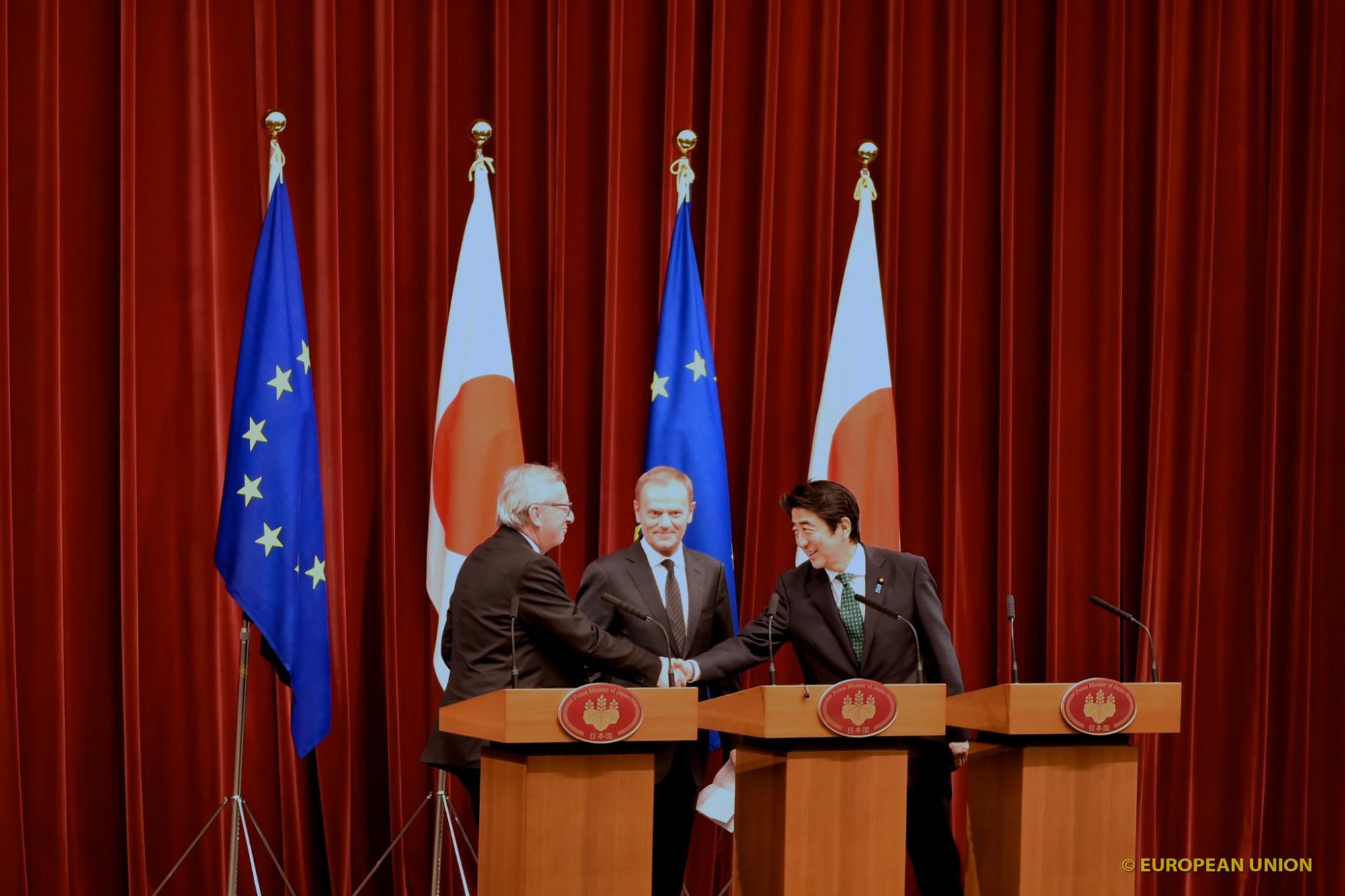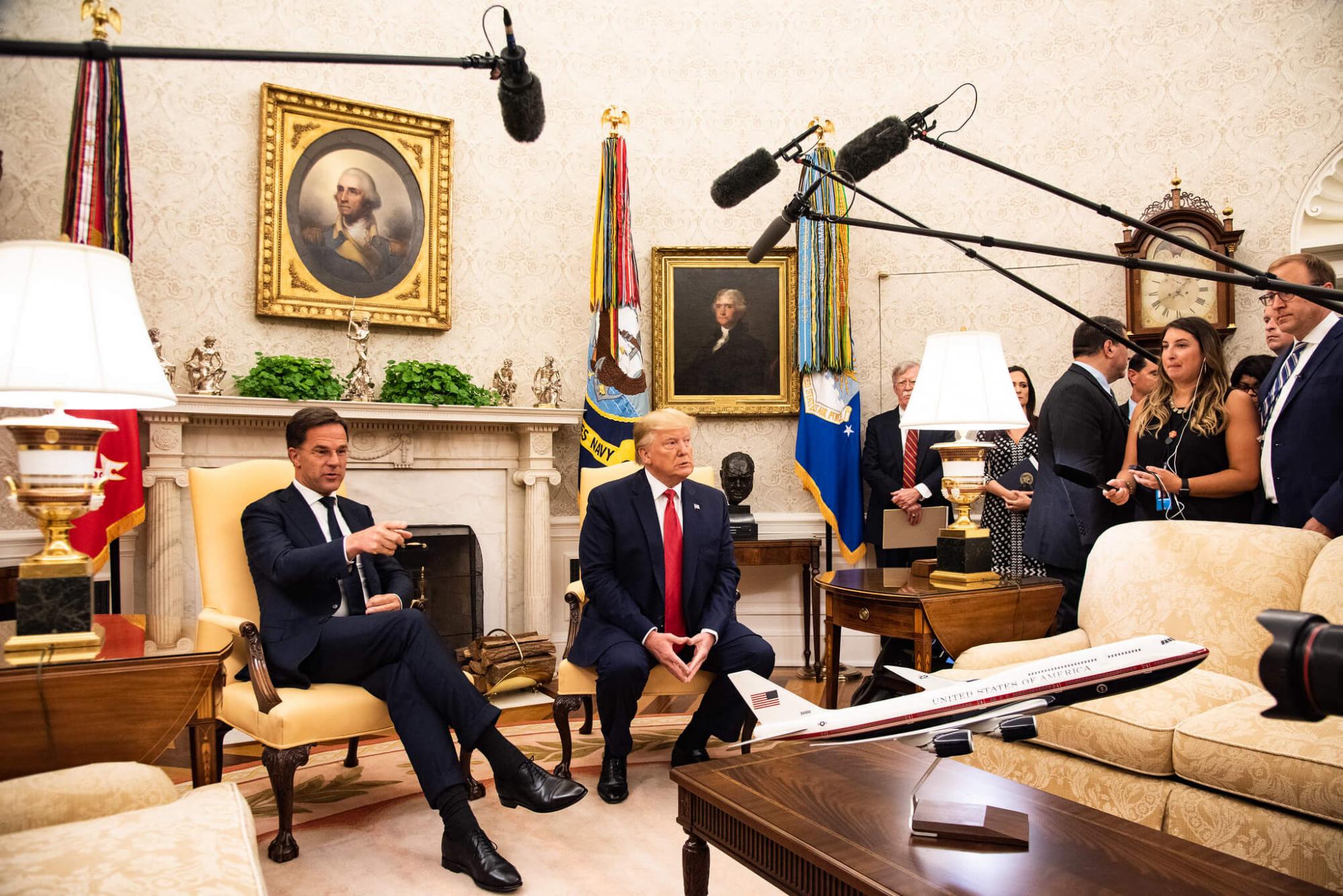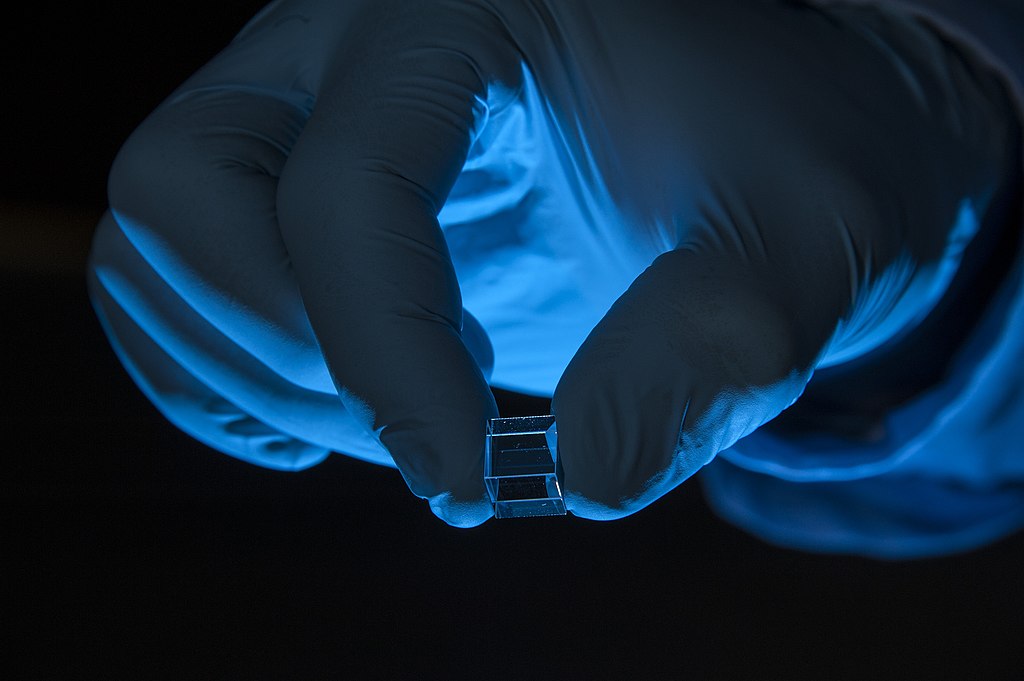China’s invloed op onderwijs in Nederland
- Read more about China’s invloed op onderwijs in Nederland
- Log in to post comments
De bevindingen van dit verkennend onderzoek leiden tot de conclusie dat er sprake is van politieke beïnvloeding door China in hoger onderwijs en wetenschap in Nederland. Er zijn geen aanwijzingen gevonden voor beïnvloeding op scholen in het voortgezet onderwijs die samenwerken met de twee Confucius Instituten in Nederland.
De mate waarin en de manier waarop politieke beïnvloeding in het hoger onderwijs plaatsvindt loopt per sector, doelgroep, en deelactiviteit uiteen. Politieke beïnvloeding vindt vooral plaats in de vorm van het (indirect) aanzetten tot zelfcensuur bij onderzoekers, beleidsmedewerkers bij universiteiten, studenten, en bij medewerkers of directeuren van academische uitgeverijen die met of in China werken. Het gaat hierbij niet alleen om zelfopgelegde beperkingen ten aanzien van vrije meningsuiting, maar ook ten aanzien van de keuze van onderwerpen voor onderzoek. Daarnaast hebben onderzoekers en uitgeverijen te maken met censuur van publicaties van wetenschappelijk werk. Ook waar het gaat om het uitvoeren van wetenschappelijk onderzoek over China, of in en met China, vindt beïnvloeding plaats, bijvoorbeeld door beperking van onderzoeksmogelijkheden.
De politieke beïnvloeding door China in het hoger onderwijs en de wetenschap in Nederland heeft twee brede gevolgen: het leidt tot een aantasting van de Nederlandse kennispositie met betrekking tot China, en tot aantasting van de kwaliteit van onderzoek over China en van onderzoek op andere gebieden dat (deels) in of met China wordt uitgevoerd.
De auteurs
Ingrid d'Hooghe (Senior Research Associate bij Instituut Clingendael)
Brigitte Dekker (Junior Researcher bij Instituut Clingendael)








